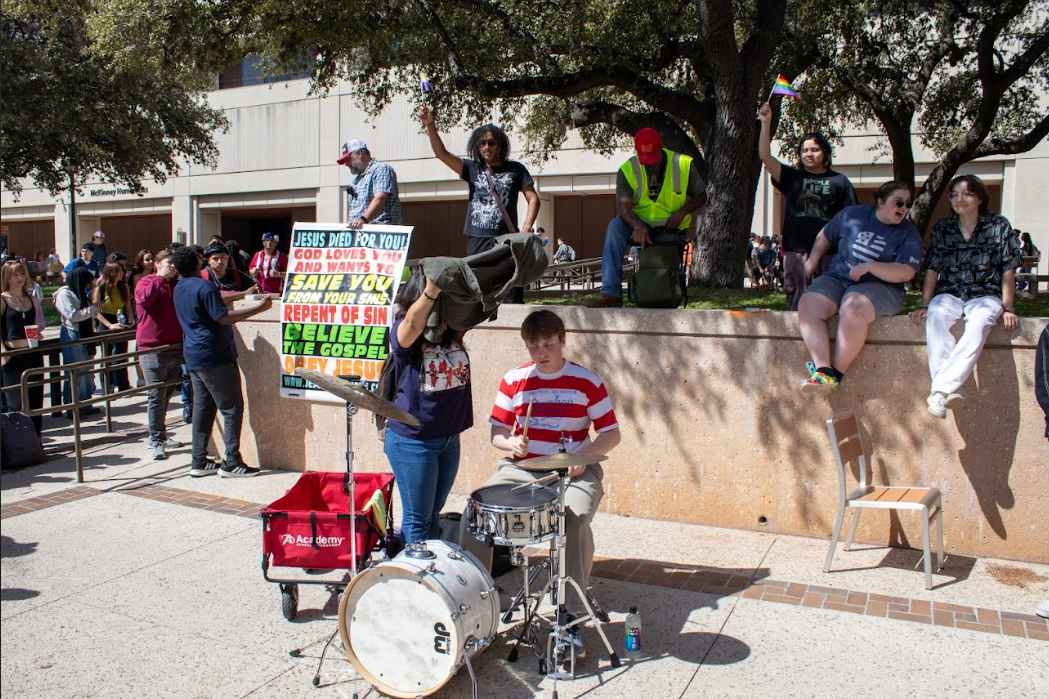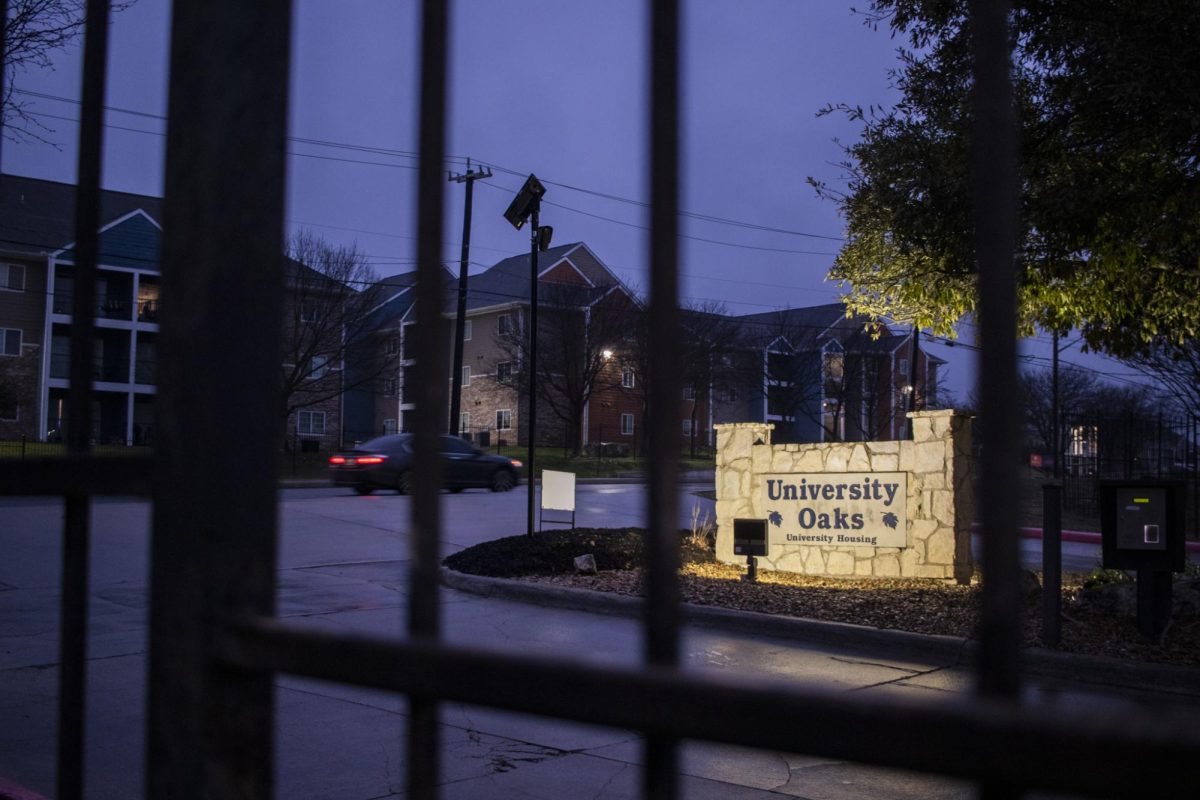_confederate_liscense_plate__gallery.jpg)
The Paisano
Are license plate designs protected by the free-speech principles of the First Amendment? This was the question proposed to the U.S. Supreme Court on Monday, March 23, during the Walker v. Sons of Confederate Veteran’s case.
Texas is one of many states that allow drivers to choose specialty license plates for their vehicles. In 2009, the Sons of Confederate Veterans (SCV) proposed a license plate design that features the Confederate flag logo. In 2011, The Texas Department of Motor Vehicles (TxDMV) board rejected the proposal, provoking the SCV to sue, arguing that the Board demonstrated “viewpoint discrimination,” a violation of their First Amendment rights.
The TxDMV board responded that the government speech doctrine allows a state to choose the messages and symbols that will appear on specialty plates. The government’s reasoning was that the state’s Specialty Act was a form of free speech. Due to the negative history associated with the Confederate flag, the state did not want to endorse the SCV’s design as their own.
The Fifth Circuit of Appeals ruled in favor of the SCV, citing that the Texas Board engaged in impermissible viewpoint discrimination by allowing other private groups to design plates and not the SCV.
“By rejecting the plate because it was offensive, the Board discriminated against Texas SCV’s view that the Confederate flag is a symbol of sacrifice, independence and Southern heritage,” the court stated.
Based on this ruling, the state of Texas took its petition for writ certiorari to the Supreme Court, arguing that allowing the promotion of hate groups and discrimination in Texas and other states would have “untenable consequences.”
The last time the Supreme Court considered a First Amendment case about license plates was Wooley v. Maynard, in 1977, in which the court ruled that the state of New Hampshire could not require vehicle owners to display plates with the state’s motto, “Live Free or Die.”
This case will address the contrasting issue of what a state government must allow people to express, as opposed to what the government requires people to express.
Senior communication major Jonathan Mason immediately saw this as a situation that necessitated proper application of First Amendment rights.
“I don’t necessarily have to agree with what people put on their plate,” Mason said. “But because of their First Amendment right, I think they should have a choice to have what they want on their plates without government interference.”
Ultimately, the ruling of Walker v. Sons of Confederate Veterans is in the hands of the nine Supreme Court justices who are predicted to make their decision by June.








